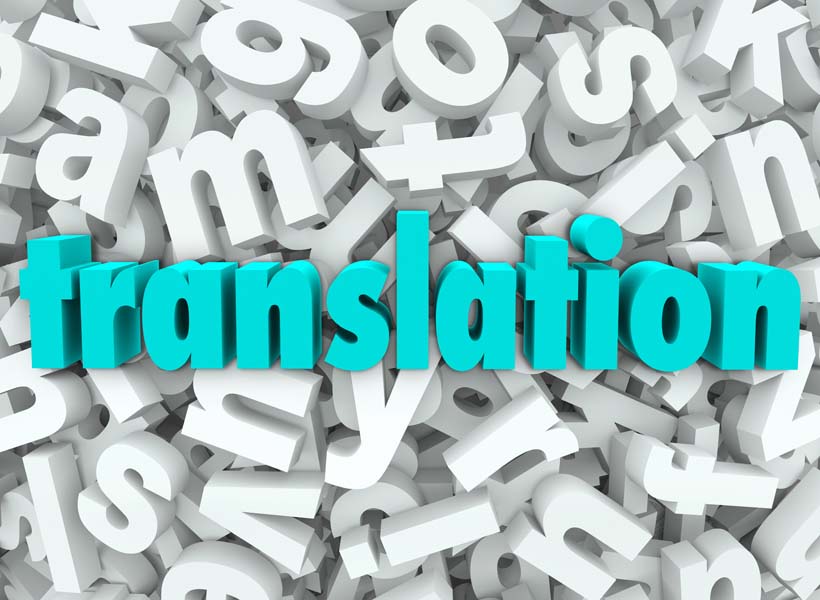With advances in technology and social media, word of mouth has truly become “world of mouth.” Many companies centralize their global Facebook and Twitter efforts. This has huge advantages, but it’s also imperative to have involvement at the local level, from people who truly understand the market nuances and language. We live in a global economy so it’s imperative that we understand our world. Below are a couple of examples of marketing translations gone wrong:
The Chevy Nova is a No-Go
Chances are you’ve heard how Chevrolet had problems marketing the Chevy Nova automobile in Latin America. Since “no va” means “it doesn’t go” in Spanish, the oft-repeated story goes, Latin American car buyers shunned the car, forcing Chevrolet to embarrassingly pull the car out of the market. Chevrolet’s woes are often cited as an example of how good intentions can go wrong when it comes to translation.
Pepsi’s Grave Mistake
Pepsi has had a couple of issues over the years. Pepsi’s “Come alive with the Pepsi Generation” was read as “Pepsi brings your ancestors back from the grave” in Chinese by billions of potential consumers. Pepsi also lost market share in Southeast Asia when it changed its vending machines from deep blue to light blue. Light blue is a symbol of death and mourning in Southeast Asia. I guess soda is worse than we thought for you.
Lessons from Translations Gone Wrong
While you might not be designing a worldwide promotion for your business, problems with language can still make or break your marketing and sales efforts. Follow these steps to make sure your messaging doesn’t come back to bite you:
- When trying to get new customers in the door, understand your complete audience. What languages do they speak? Is your website in multiple languages for your target audiences? Are your social media campaigns reaching all of your potential customers?
- Once you have customers in the door, make sure you can sell to them. Is your staff able to communicate any key words or phrases in another language? Has any of your company’s marketing materials, mission statement or background been translated into more than one language?
- The unspoken word is important too. Learn about the body language customs of your customers to ensure they are not inadvertently offended by something you or staff members do. For example, in Hispanic, Asian, Middle Eastern, and Native American cultures, eye contact is thought to be disrespectful or rude, and lack of eye contact does not mean that a person is not paying attention. In the Middle East, the left hand is reserved for bodily hygiene and should not be used to touch another or transfer objects. In Muslim cultures, touch between opposite gendered individuals is generally inappropriate.
Translation is not a word-translation job: there is much more. There is word meaning, there is sentence meaning and there is a coherent message for the whole document (a catalogue, a proposal, a legal document, a software application, a web page to be visited by hundreds or thousands of people). Meaning goes beyond stringing words together, and conveying full messages means even recreating the feeling for your target audience – this is not an easy business.
“The difference between the right word and the almost right word is really a large matter — it’s the difference between a lightning bug and the lightning.” – Mark Twain




